To fulfil his father's deathbed wish, a businessman moves his extended family from the city to the countryside and opens a school for poor children and a sanctuary for childless elders. But his adult children miss urban life and rebel. (Source: IMDb) Edit Translation
- English
- magyar / magyar nyelv
- עברית / עִבְרִית
- dansk
- Native Title: 天伦
- Also Known As: Filial Piety , Tian Lun , 天倫
- Director: Fei Mu
- Genres: Historical, Drama
Cast & Credits
- Lai Cheuk Cheuk[Daughter-in-law]Support Role
- Zheng Jun LiYu Tang [Grandson - adult]Support Role
- Chen Yan YanSun Ruo Yan [Daughter]Support Role
- Lai HangYu Tang [Grandson - young]Guest Role
- Gu Meng He[Husband]Guest Role
Reviews

"Grant all children a place in your heart, and regard the elderly as your own"
Song of China was difficult to rate as it was a film fragment with at least one reel missing. The beginning and ending seemed to be intact, but there was a bridge of information needed to make some connections. During a time when leftist movies were being made this film called people to return to traditional values and highlighted the moral superiority of rural life. It was the first Chinese film to be shown in the USA, but it also suffered from Hollywood interference with the story editing and subtitles.A dying father beseeches his son to “Grant all children a place in your heart, and regard the aged as your own.” The son and his young family move to the city in search of better opportunities. During the early days of the Republic, his son marries. The new couple spends most of their time partying, leaving their baby in the grandparents’ care. After a time, the father decides to move them back to a rural life. He and his wife guide their grandson, teaching him Confucian values. When the father sees poor peasants outside the window as a raucous party held by his son rages on, he determines to open an orphanage and school to comply with his father’s dying wishes.
The conflicts between the generations, traditional vs modern values, and city vs country life all played out in this story of 3 generations in a family. I’m sure there was a political motivation for the return to traditional virtues, but I’m not well versed enough in the history to make an informed discussion of it.
I did find a 1936 *NYT’s review interesting. It said "The subtitles were more Chinese in flavor than the performances." The subtitles were actually translated how Americans thought the Chinese talked in a much more flowery way. The reviewer was expecting Chinese Opera style acting and found the acting to be subdued. The acting is what I liked. In early American silent films, the acting could be hammy and overdone. I quite enjoy the often more realistic acting of Chinese and Japanese silent films.
The film I watched was the shortened 45-minute version and was badly degraded. The music was appropriate though I don’t know if it was original. There is a 65-minute version somewhere. While it could be heavy-handed with the filial piety sermonizing it still had entertaining moments and was an interesting snapshot of how some people felt during this time of transition.
16 July 2024
*https://www.nytimes.com/1936/11/10/archives/song-of-china-an-allchinese-silent-picture-has-a-premiere-here-at.html
Was this review helpful to you?
Recommendations
There have been no recommendations submitted. Be the first and add one.

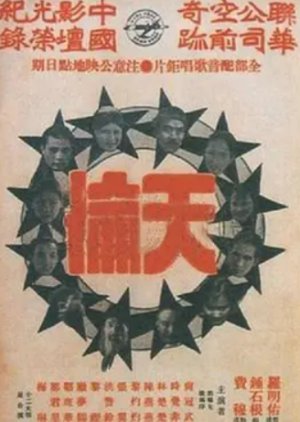
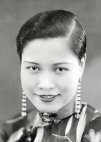
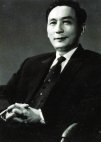
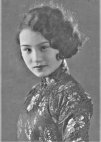


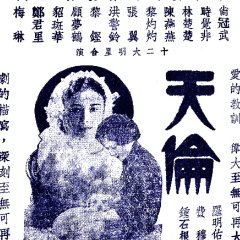
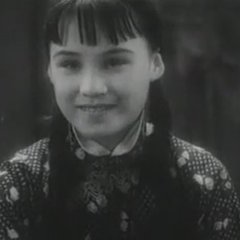
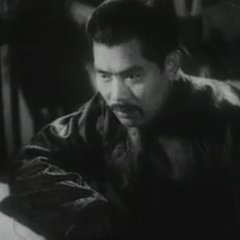
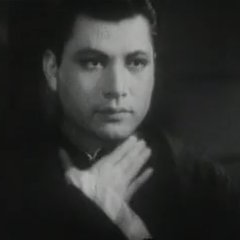
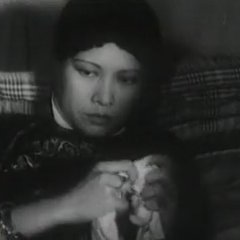
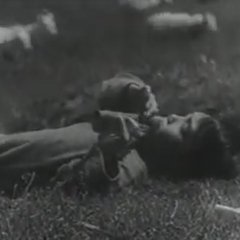





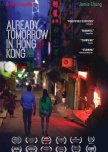


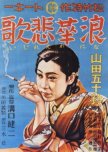
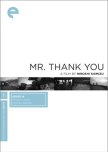
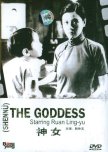

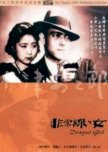
![[✔] Movies watched in 2022](https://i.mydramalist.com/RZlvxt.jpg)
![[✔] Movies watched in 2022](https://i.mydramalist.com/Q7nevt.jpg)
![[✔] Movies watched in 2022](https://i.mydramalist.com/Ld06Dt.jpg)
![[✔] Movies watched in 2022](https://i.mydramalist.com/eeoOp_4t.jpg)
![[✔] Movies watched in 2022](https://i.mydramalist.com/k38bm_4t.jpg)

